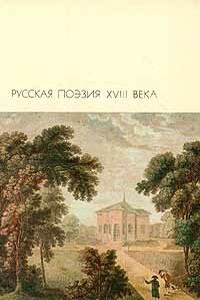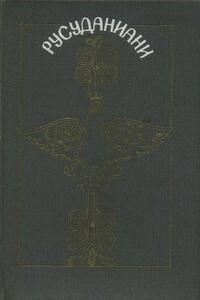Son of Holmes | страница 5
“I’ve read somewhere,” ventured another guest, “that letters addressed to 221B Baker Street get answered, though.”
Kevin snickered. “Poppycock. A bank clerk answers those letters. They’re not even worth considering.”
“Kevin’s right,” Arrowroot continued. “Those ‘public’ incidentals mean nothing. The man who was Holmes would have never allowed use of so blatant a giveaway. He might just as well have let Conan Doyle use his proper name as his proper address. No, he saw Conan Doyle’s clues, and obviously enjoyed them, as he tolerated them. So the path to the truth follows these clues, not the obvious fictions of names and addresses. And there are a few others. Mycroft, for example.”
We all looked questioningly at him.
“Mycroft Holmes, Sherlock’s brother, the most brilliant man in England. His last name was not Holmes, of course, but we believe his first name was actually Mycroft. He ran the British government single-handedly, especially during World War I. As head of the Secret Service, among other things, he was known as ‘M,’ a title which I’m sure is familiar to all of you. His initial became the title for the head of British Intelligence. That, by the way, is perhaps Fleming’s only slip in the matter of peripherals.
“We also believe that Holmes’s code name during World War I was actually Altamont, that he raised bees, injected himself with cocaine, smoked a pipe, and played the violin. What we don’t believe is that he actually wrote down a few of his own adventures—that again was Conan Doyle with his sense of play. In all, you see”—he spread his hands out before him—“there is quite a good case.”
“But nothing really conclusive,” I said.
“Ever the cynic.” Kevin smiled. “Well, no, nothing really, finally conclusive. No sworn affidavit. But there is one other major bit of evidence that Hugo has overlooked.” He looked to Arrowroot. “The articles?”
Our host chuckled. “Oh, yes, of course.” He looked at his guests. “If you read the Holmes stories, you will note from time to time that Watson talks of articles—‘little monographs, ’ he calls them—that Holmes has written about any number of subjects, ranging from beekeeping to medicine to musical criticism. Probably the most famous is his treatise on tobaccos and their ashes. All of these articles appeared in periodicals of the times, and all anonymously. So . . . nothing conclusive, but it is an interesting array of facts, isn’t it?” He stood up. “I invite you all to look through the reference books I have here, and please, help yourselves to the brandy.”



